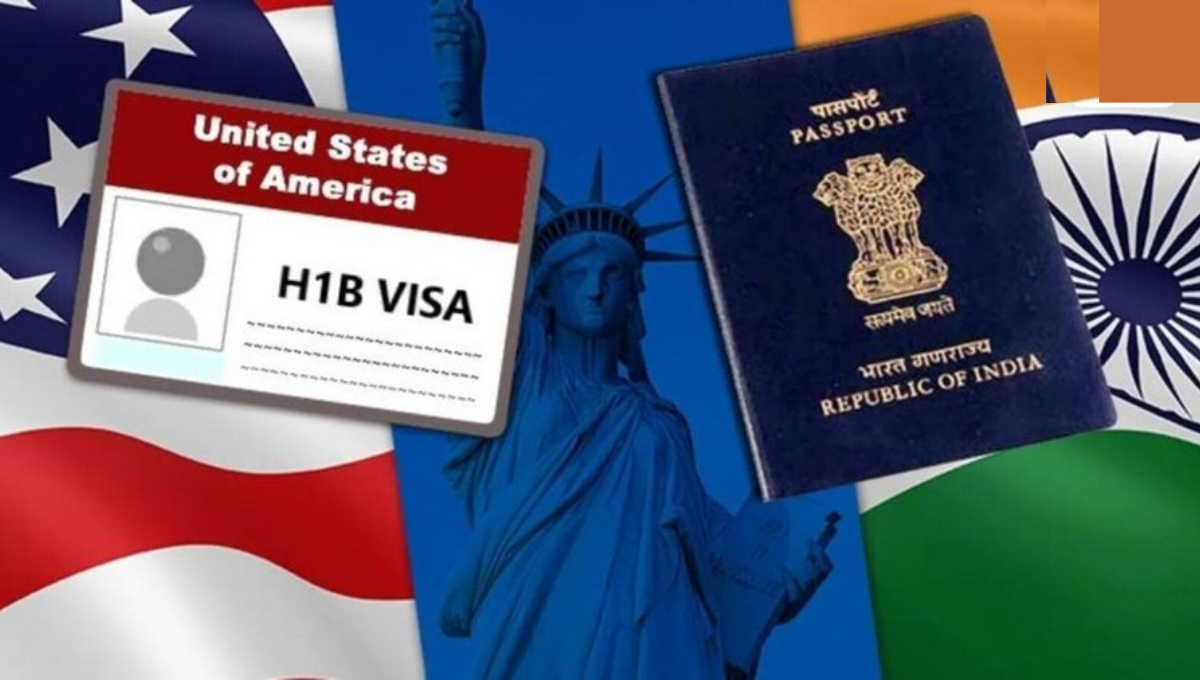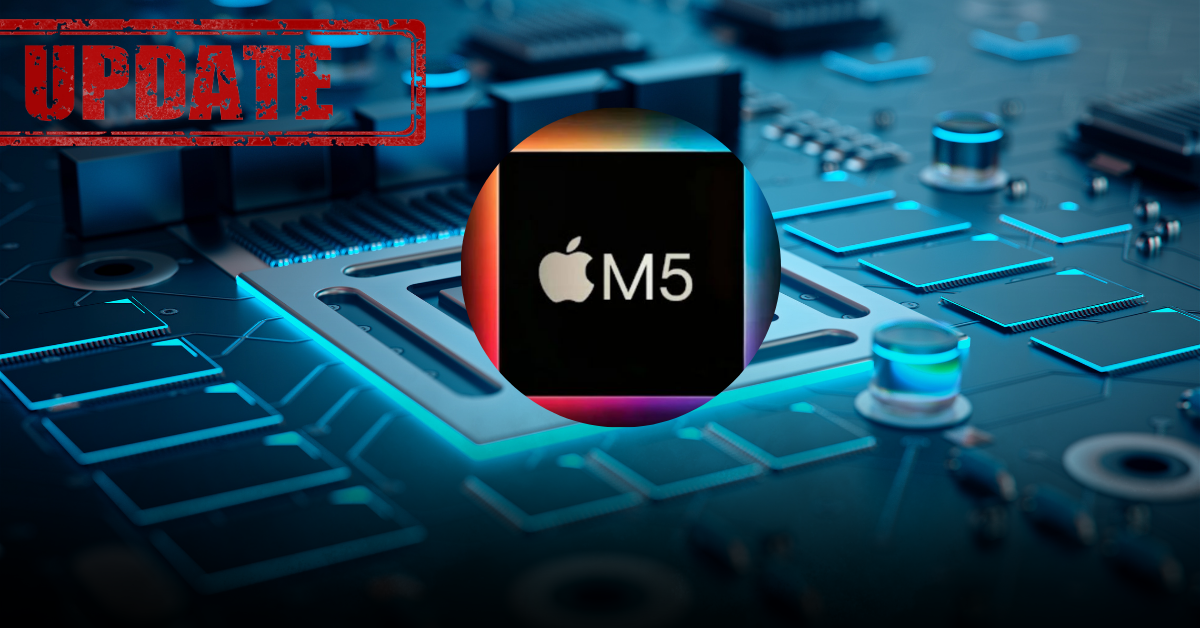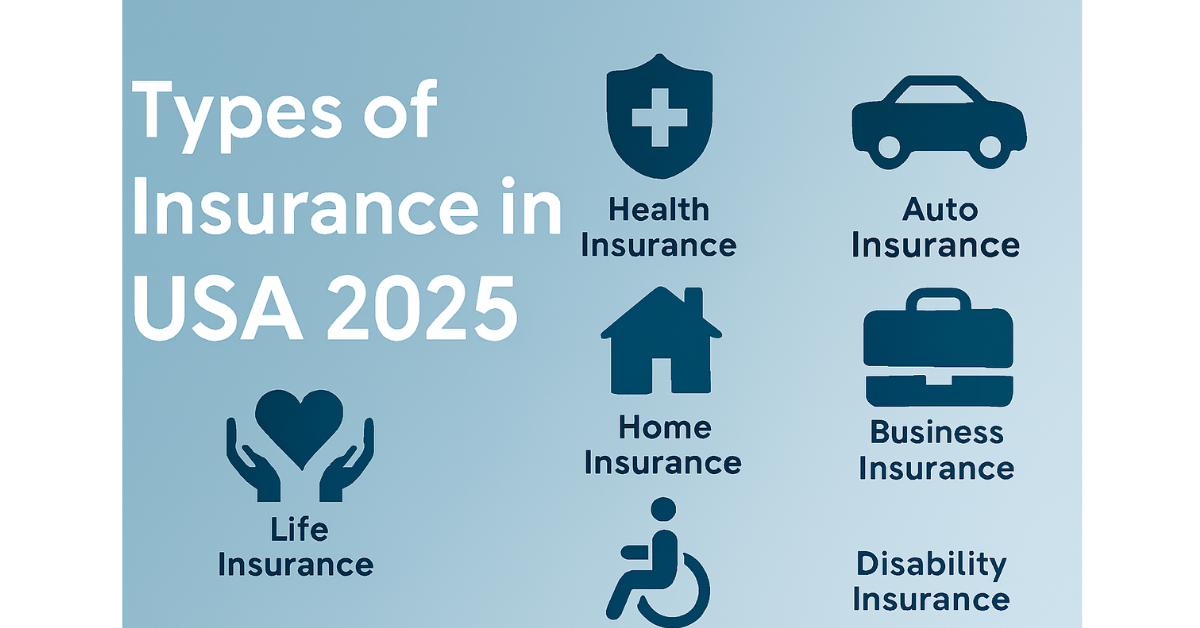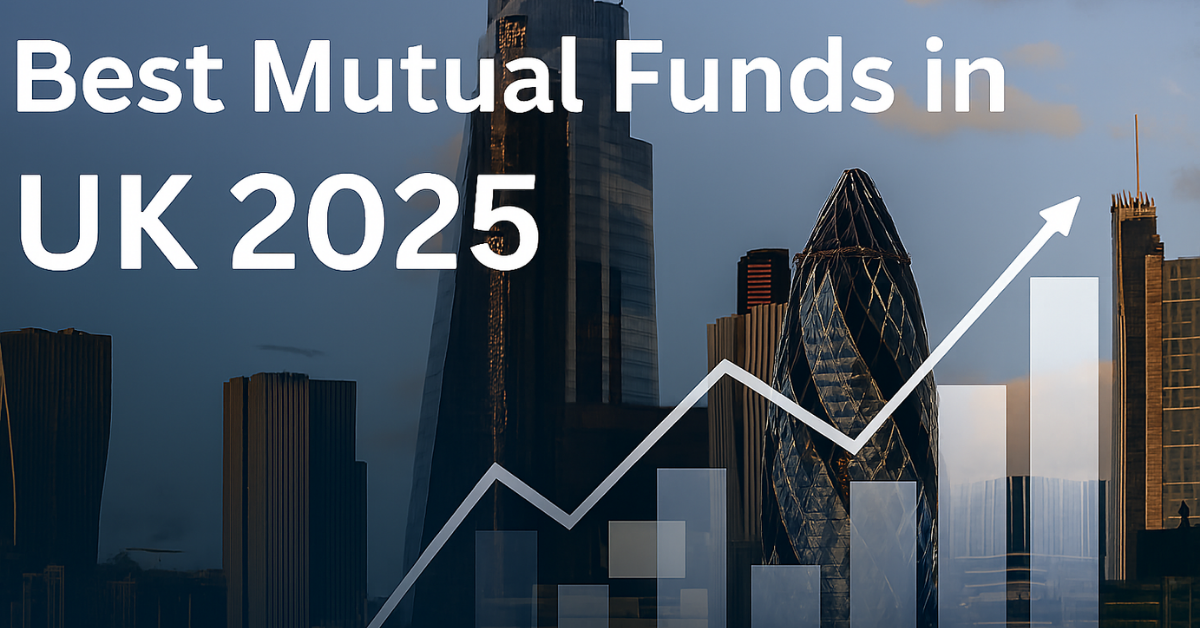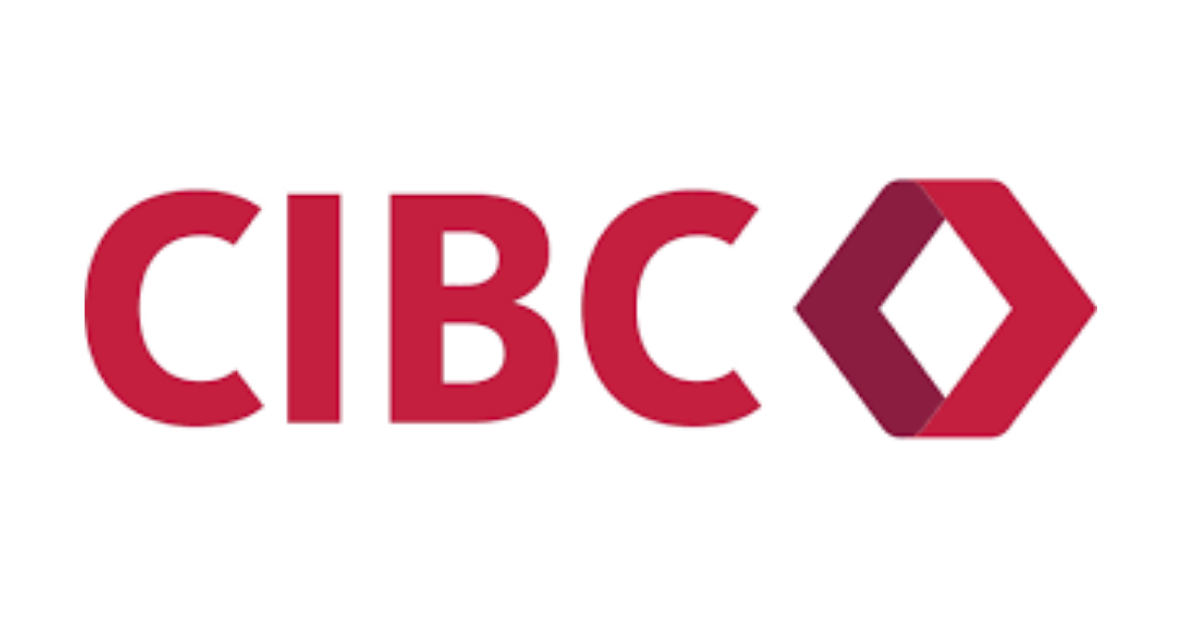Trump H1B visa news has taken center stage in global headlines, following President Donald Trump’s sweeping executive order that imposes a staggering $100,000 annual fee on new H-1B visa applications. This bold move, announced in September 2025, marks one of the most significant shifts in U.S. immigration policy in recent years, sending shockwaves through the tech industry, Indian IT firms, and aspiring foreign professionals.
The H-1B visa program, historically a gateway for highly skilled workers—especially in STEM fields—to contribute to the U.S. economy, now faces a dramatic transformation. Trump’s proclamation argues that the program has been exploited to replace American workers with lower-paid foreign labor, undermining both economic and national security interests.
Under the new rule, companies must pay a $100,000 fee per H-1B petition, in addition to existing charges like the $215 registration fee. While exemptions may be granted on a case-by-case basis for national interest, the financial burden is expected to deter smaller firms and startups from hiring foreign talent.
Trump H1B Visa News Impact on Indian Tech Professionals
Indian tech workers, who make up over 70% of H-1B beneficiaries, are likely to be hit hardest. Many face years-long green card backlogs, meaning they must renew their visas multiple times. With the new fee structure, companies may reconsider sponsoring foreign employees, especially those in entry-level or mid-tier roles.
Shares of Indian IT giants like Infosys and Wipro have already dipped in response to the announcement, reflecting investor concerns about reduced U.S. hiring and project delays. Meanwhile, big tech firms such as Amazon, Microsoft, and Meta—who typically hire high-salary specialists—may absorb the cost more easily, potentially monopolizing access to global talent.
A Strategic Shift or a Talent Tax?
Supporters of the move argue that it will ensure only “extraordinarily skilled” individuals enter the U.S. workforce, preserving high-paying jobs for American citizens. Critics, however, label it a “talent tax” that risks stifling innovation and weakening America’s competitive edge in the global tech race.
The executive order also directs the Labor Department to revise prevailing wage levels, aiming to prevent companies from undercutting U.S. salaries. This could further reshape hiring strategies, pushing firms to invest more in domestic talent development.
Legal Challenges and Industry Response
Immigration attorneys and advocacy groups are preparing to challenge the legality of the fee hike, citing concerns over due process and economic impact. The tech industry, already grappling with talent shortages, warns that such restrictions could lead to brain drain and reduced startup activity.
Venture capitalists and entrepreneurs have voiced fears that the U.S. may lose its appeal as a destination for top global talent. As one investor put it, “If the U.S. ceases to attract the best minds, it risks falling behind in innovation and growth.”
Looking Ahead
Trump H1B visa news has ignited a fierce debate about the future of skilled immigration in America. While the administration frames the policy as a safeguard for American workers, its ripple effects could reshape global hiring, tech competitiveness, and the dreams of thousands of professionals worldwide.
As the legal and political dust settles, one thing is clear: the H-1B landscape has changed, and companies, workers, and policymakers must adapt swiftly to navigate this new reality.

